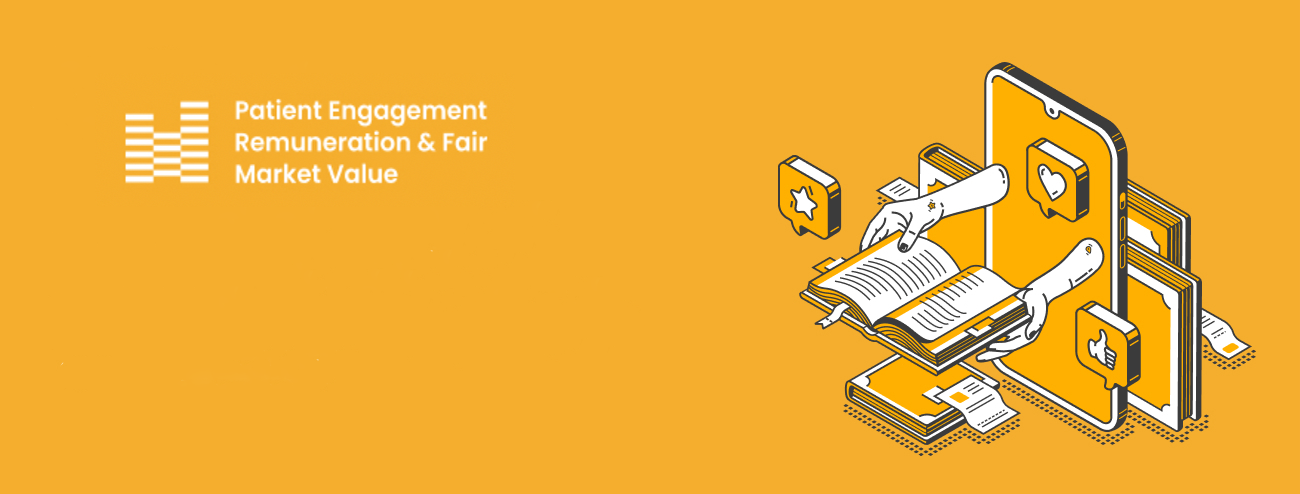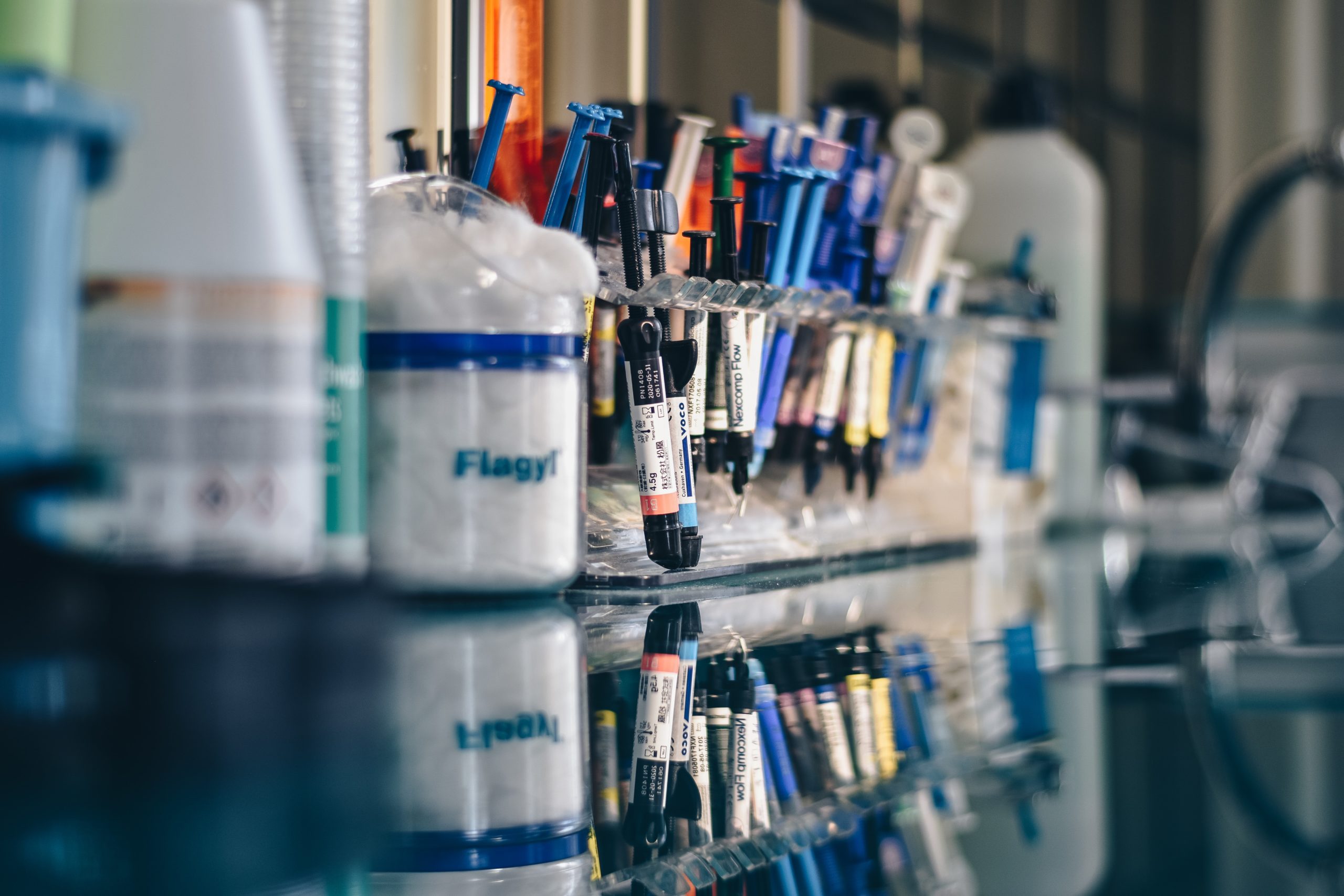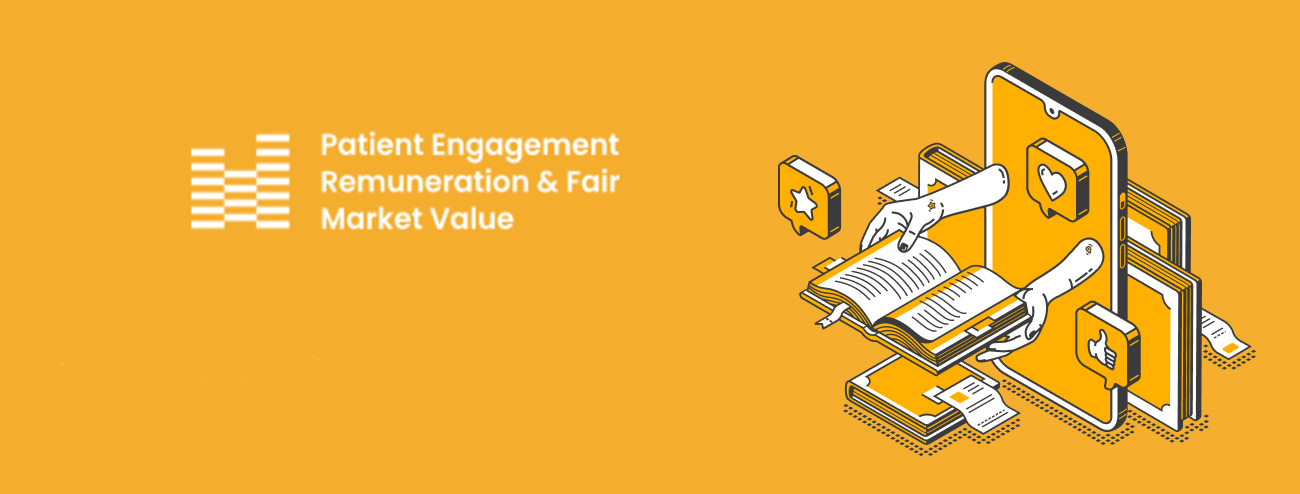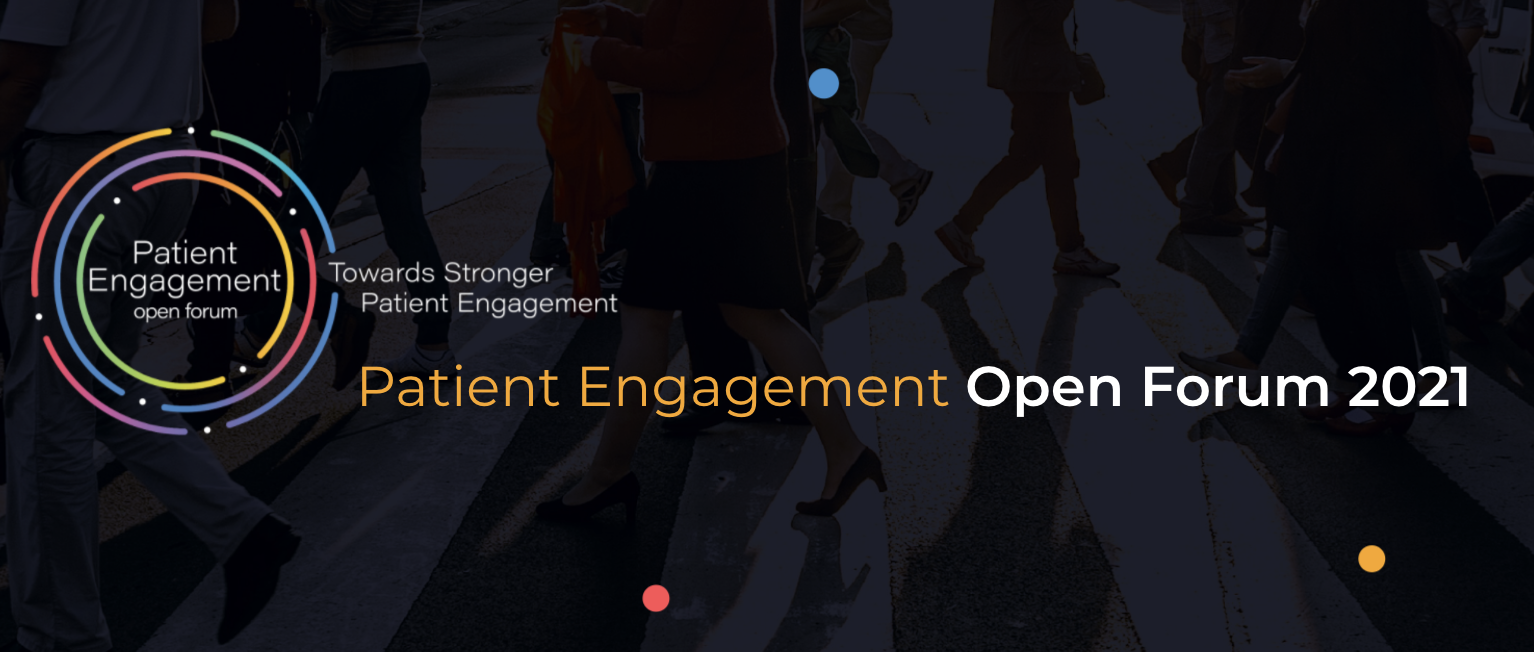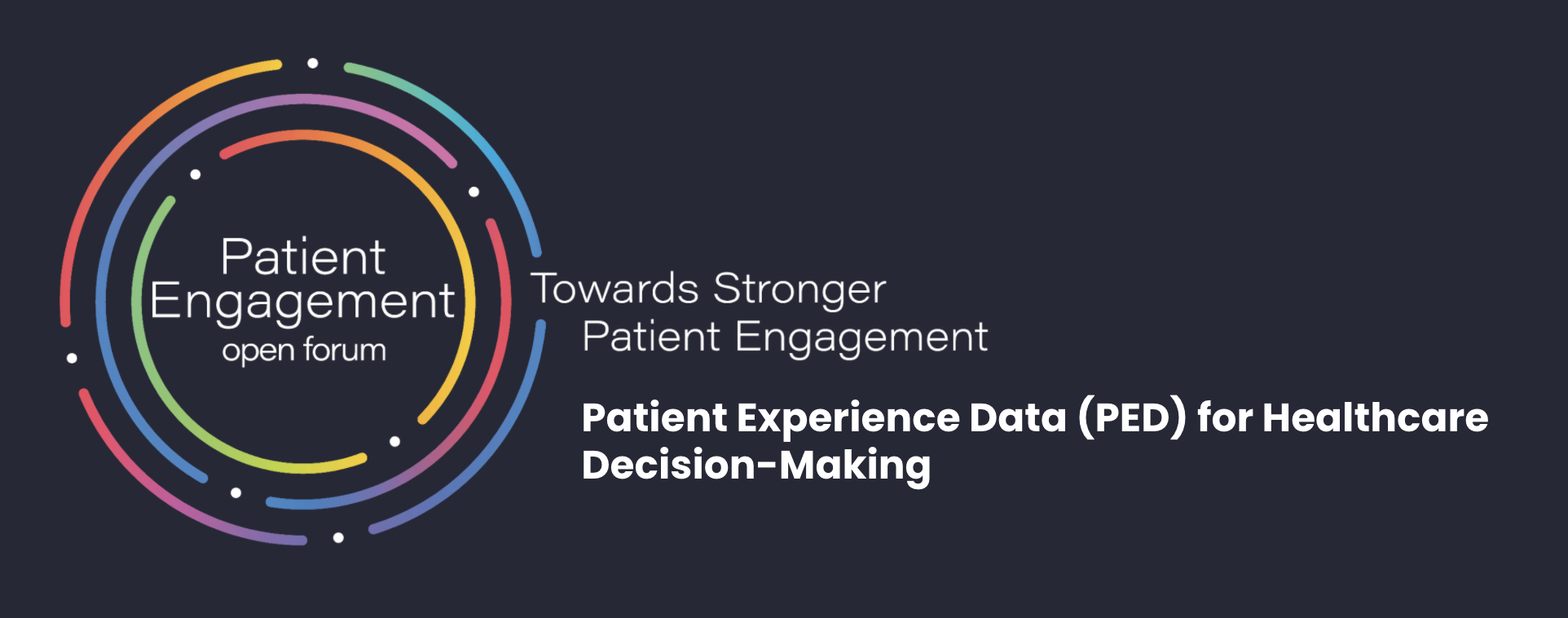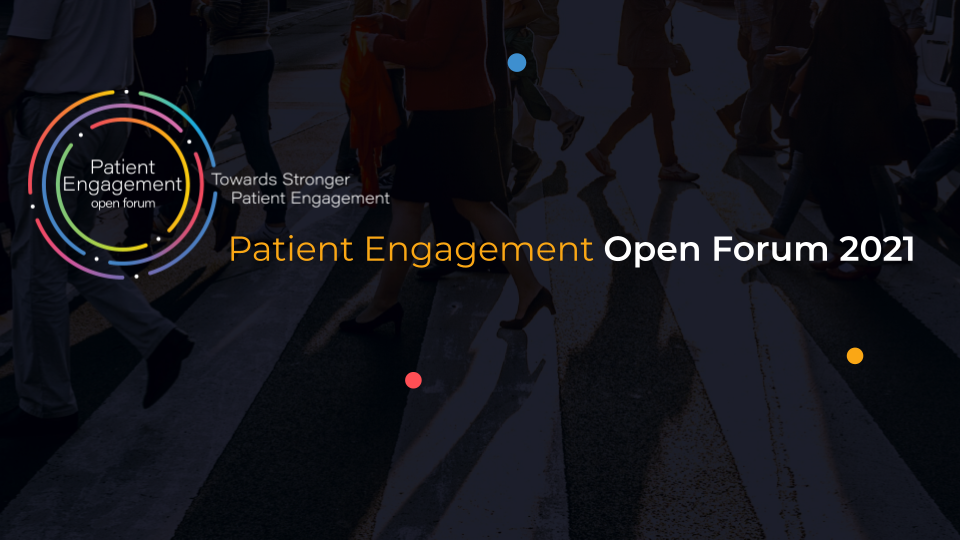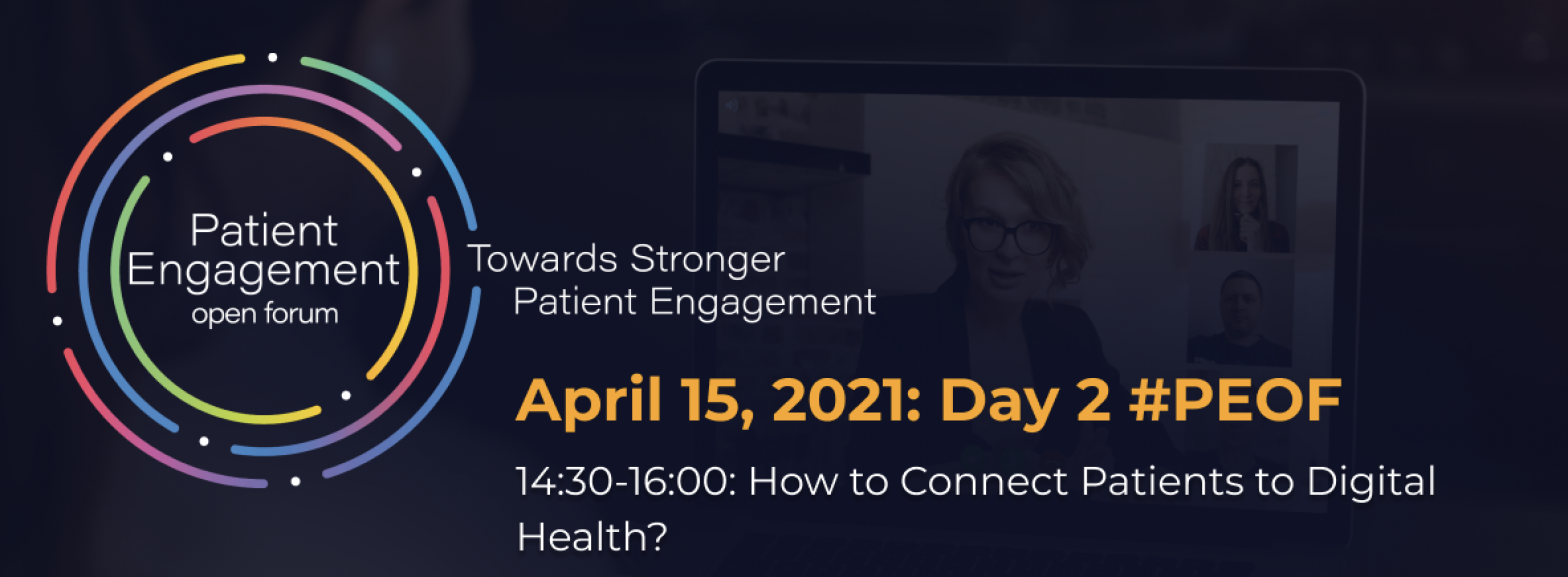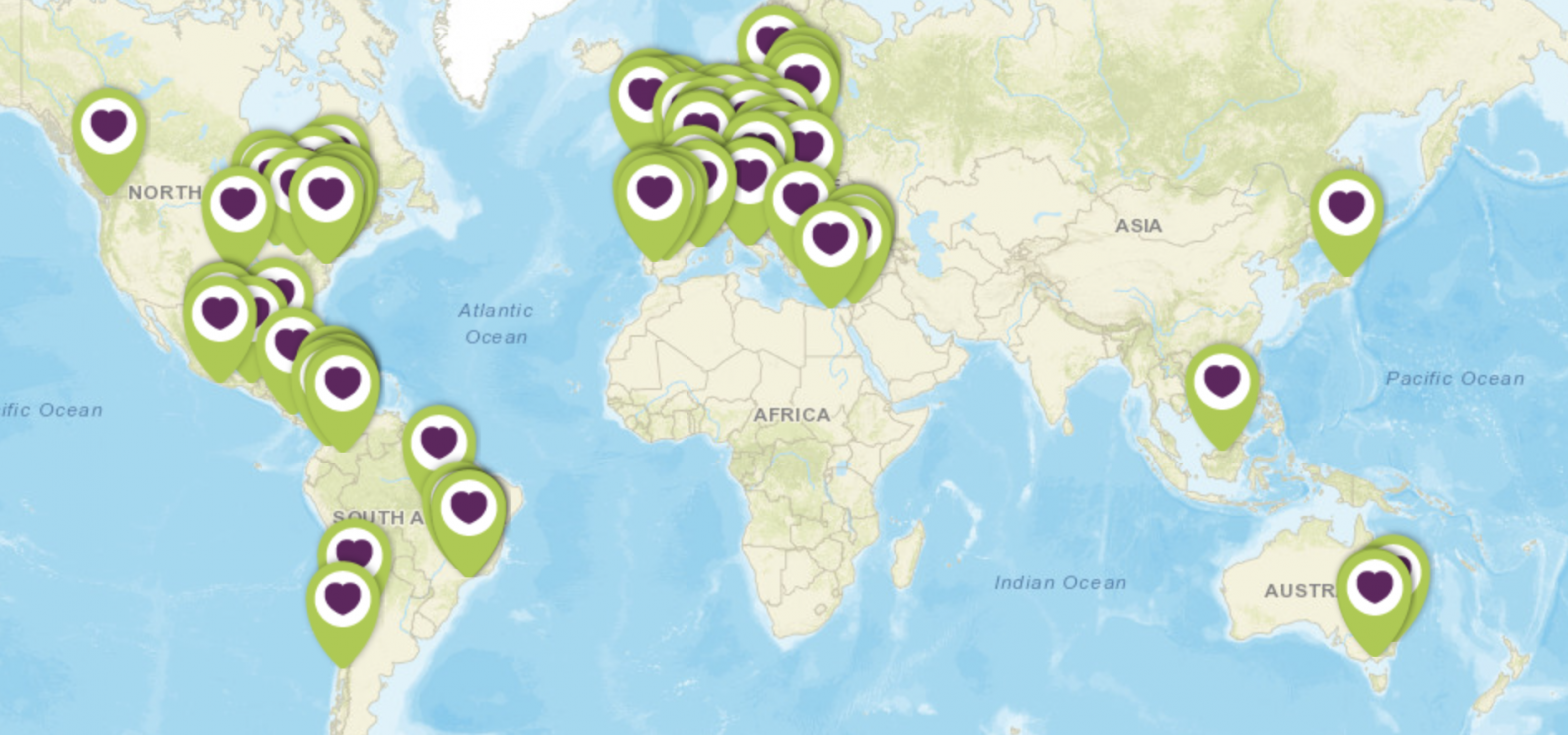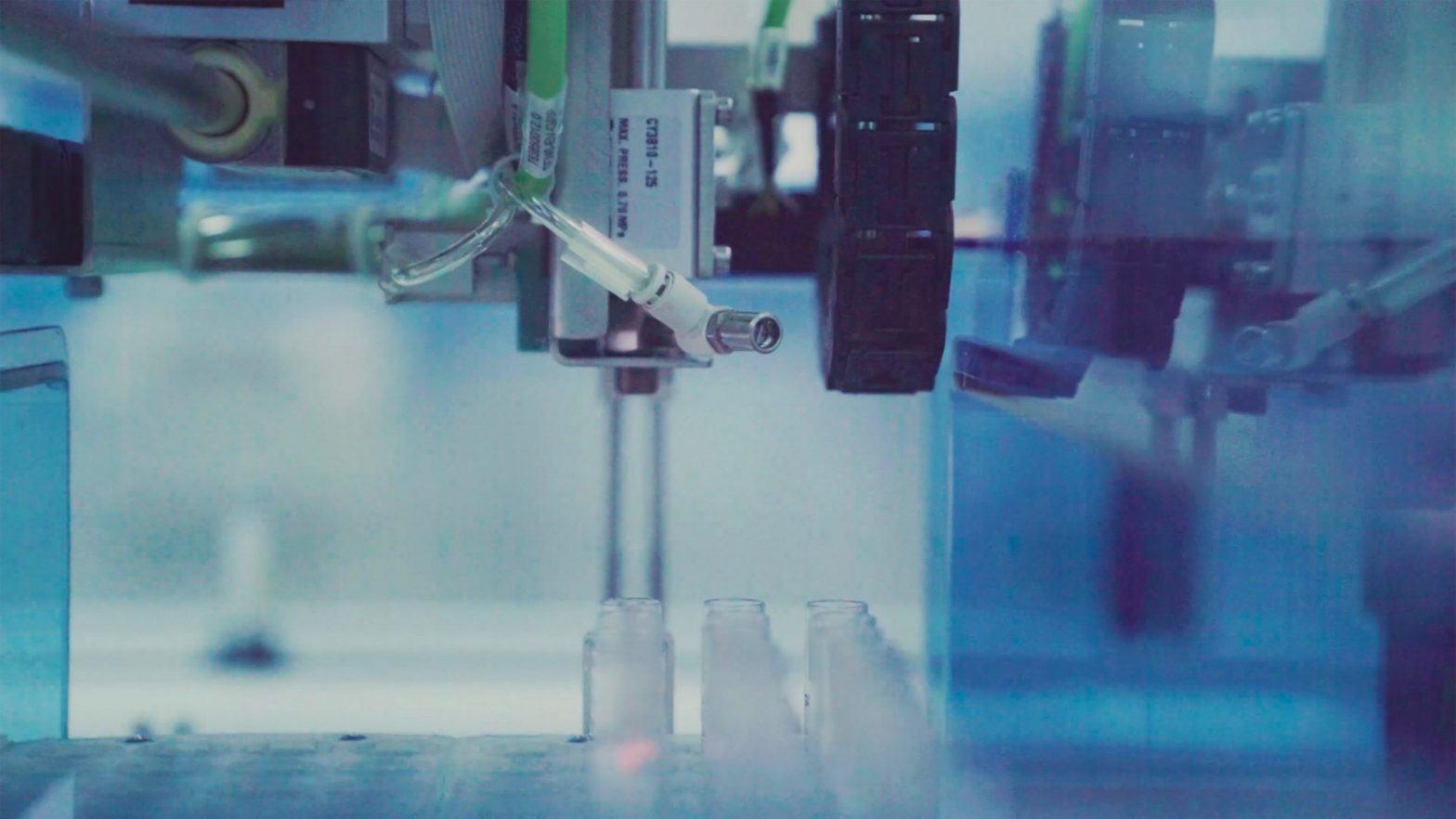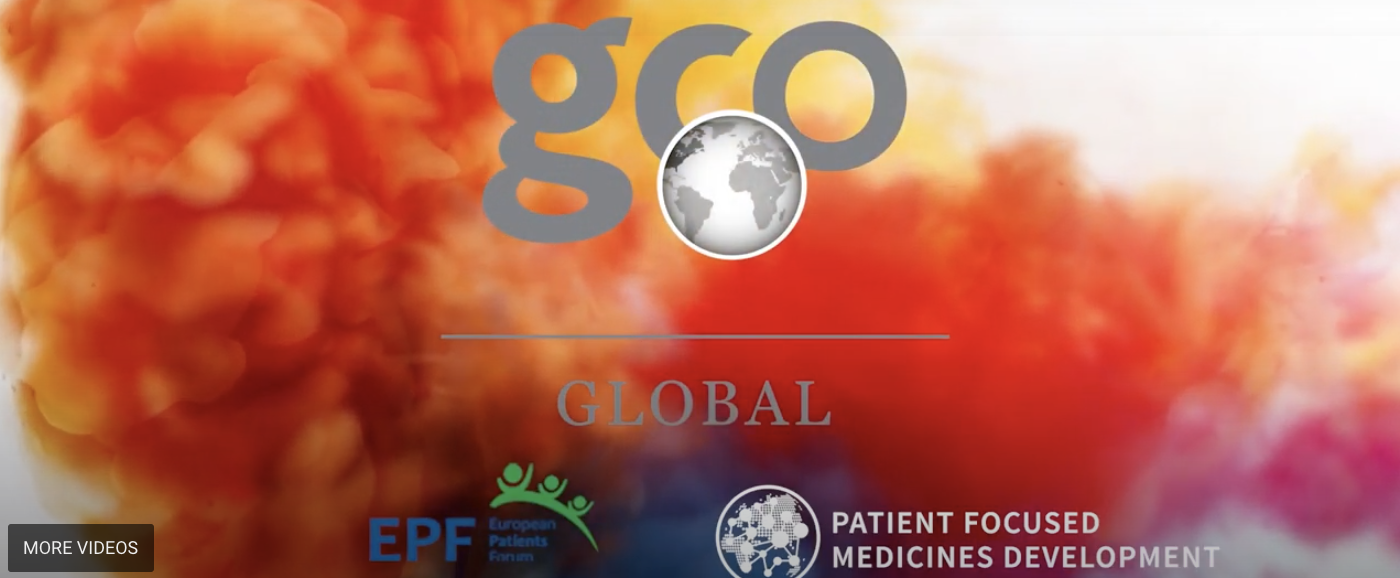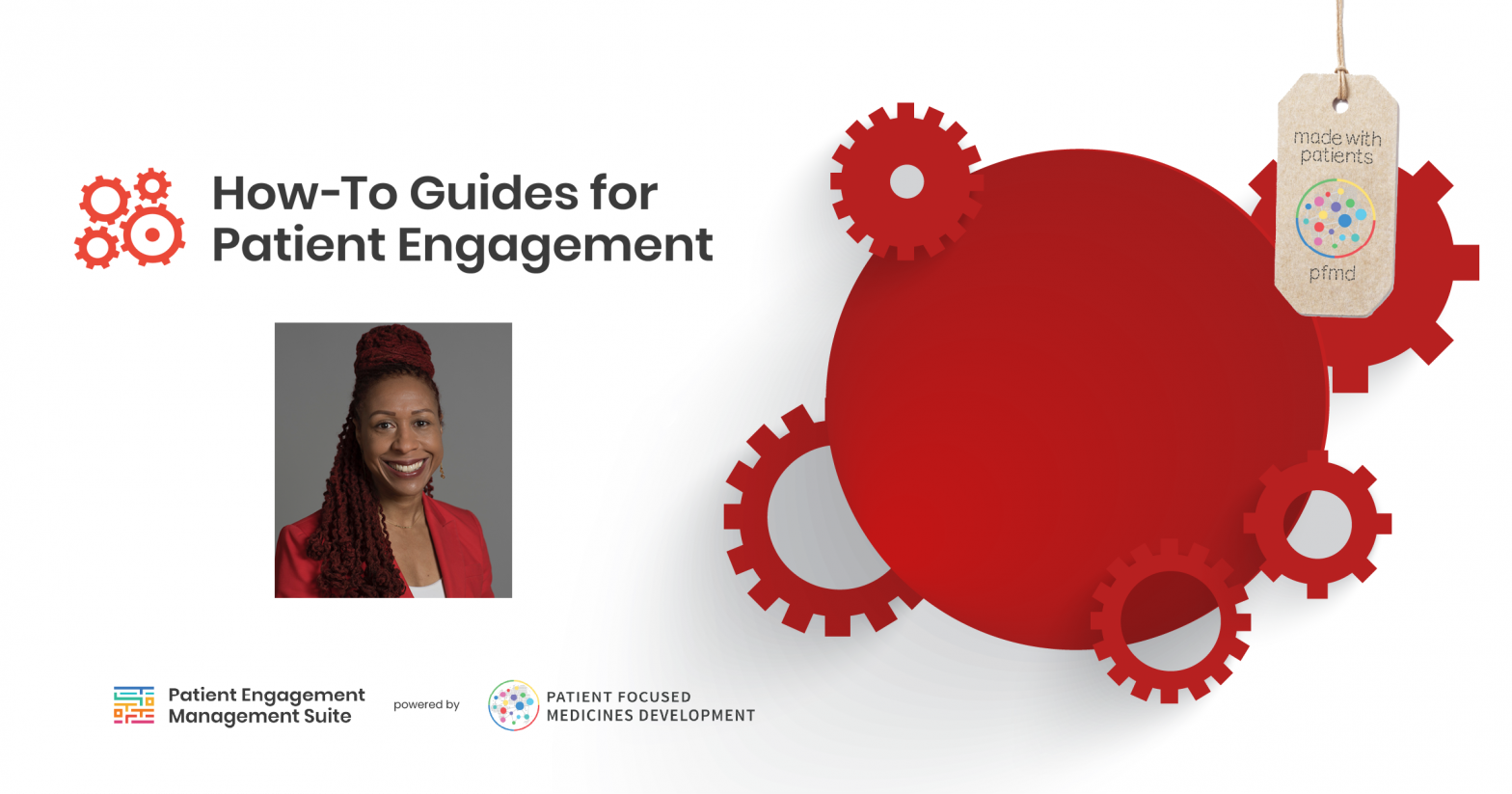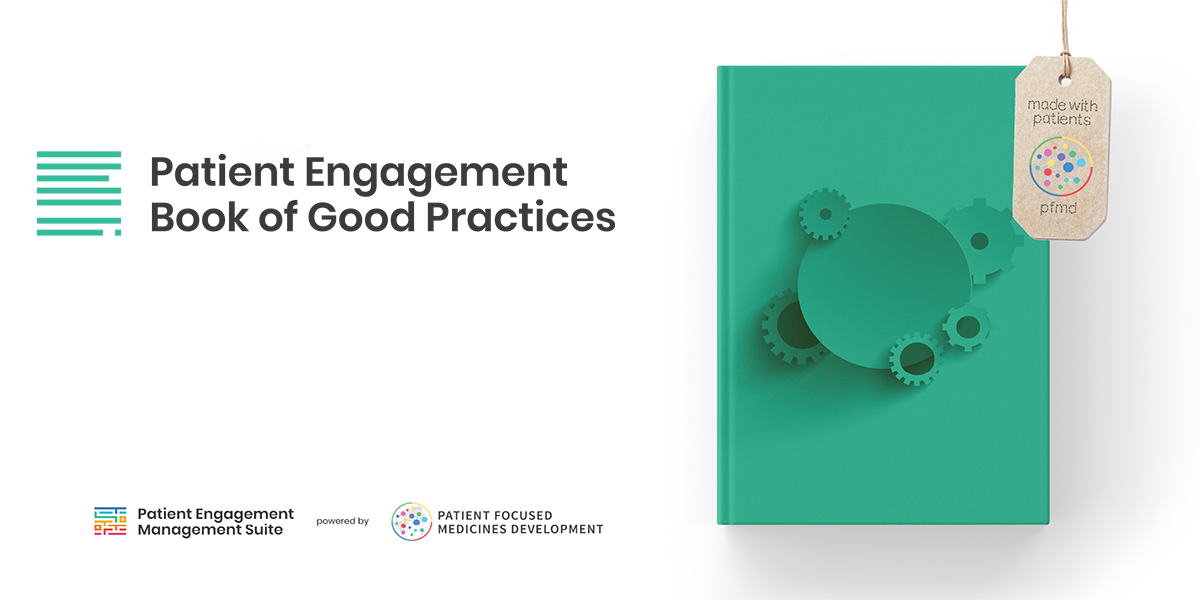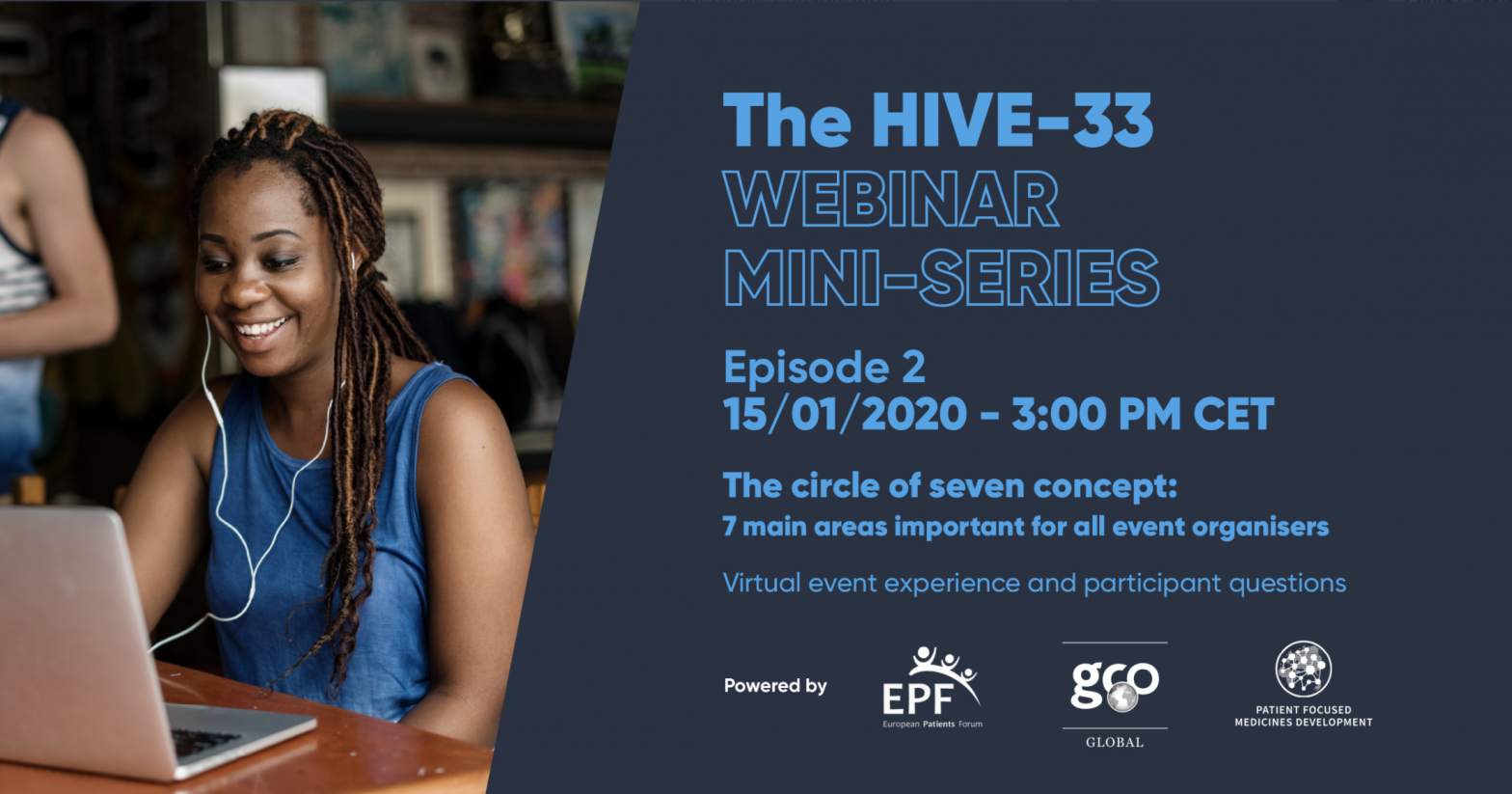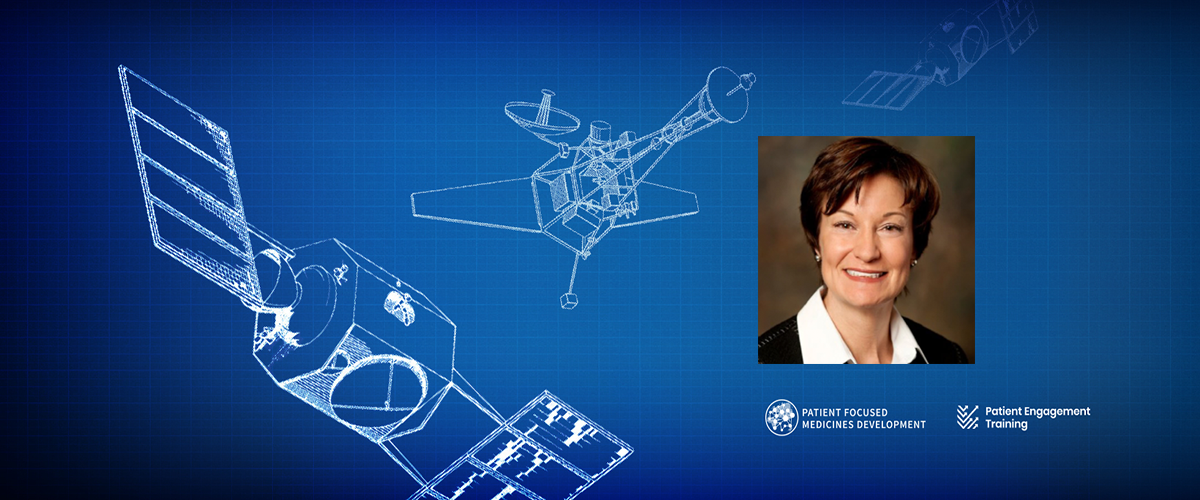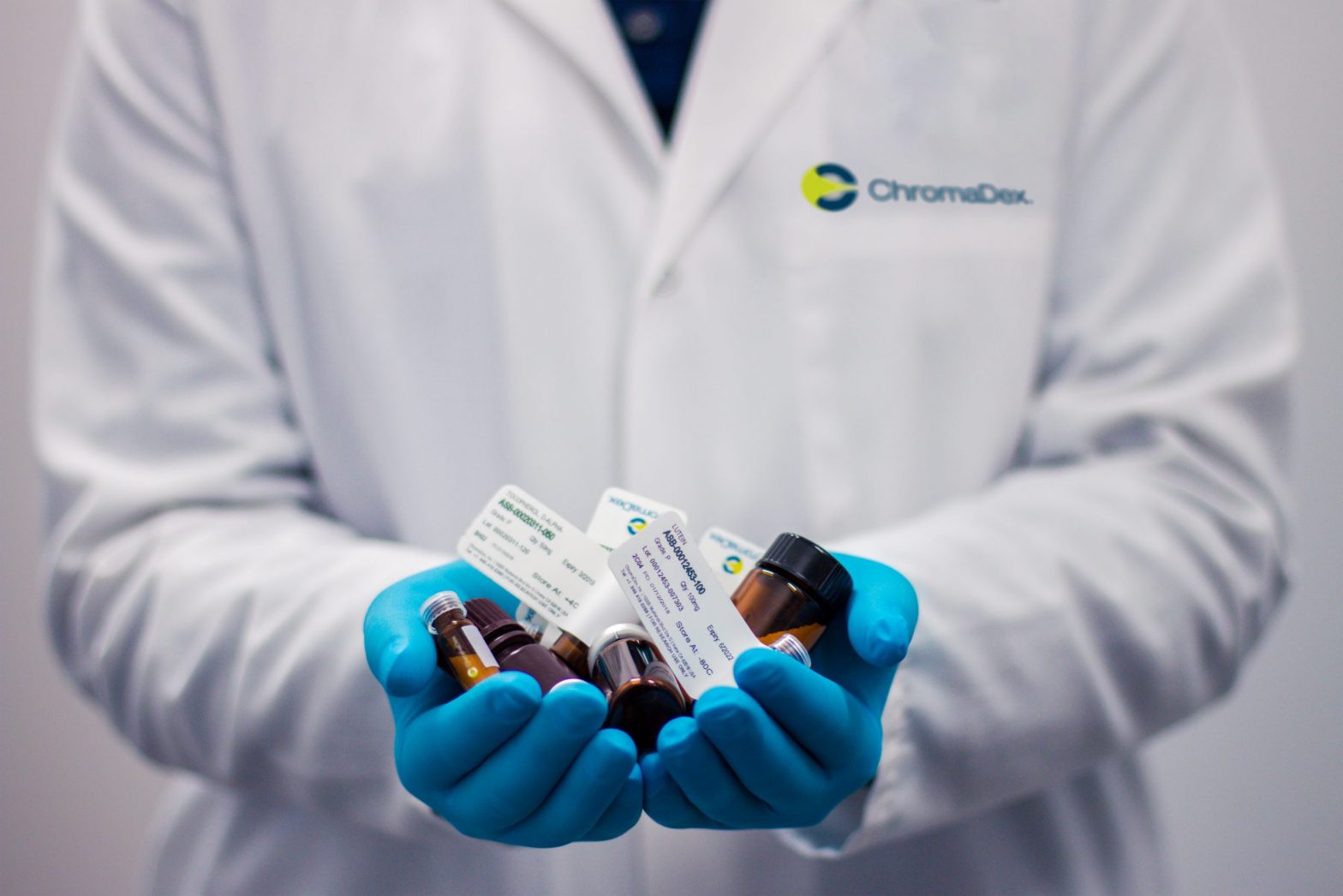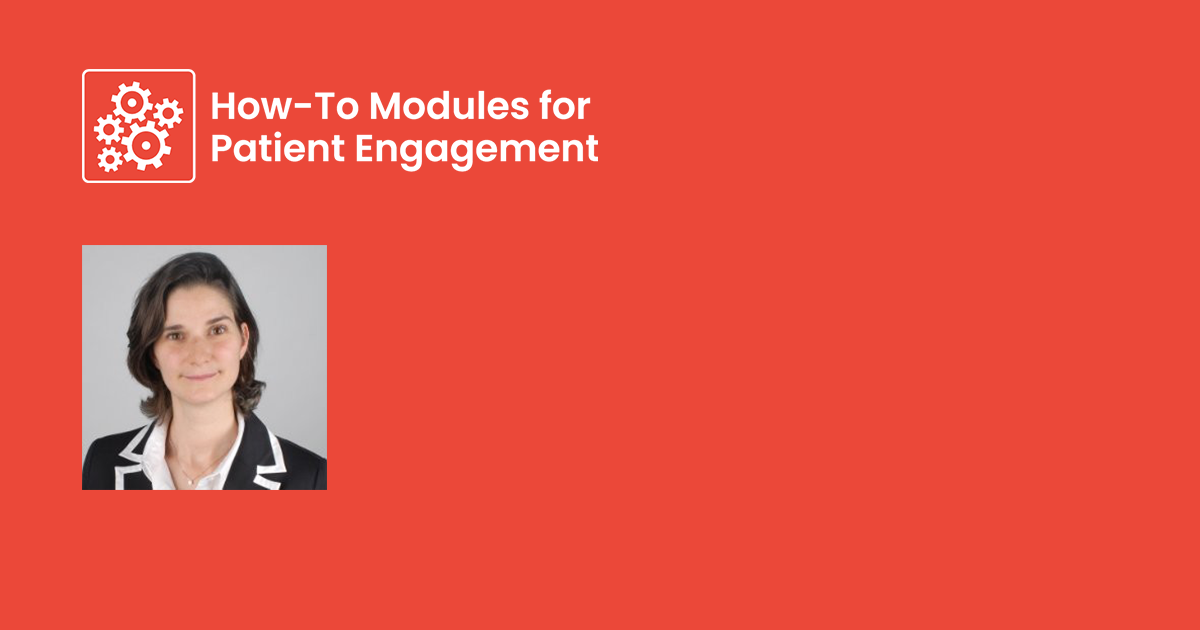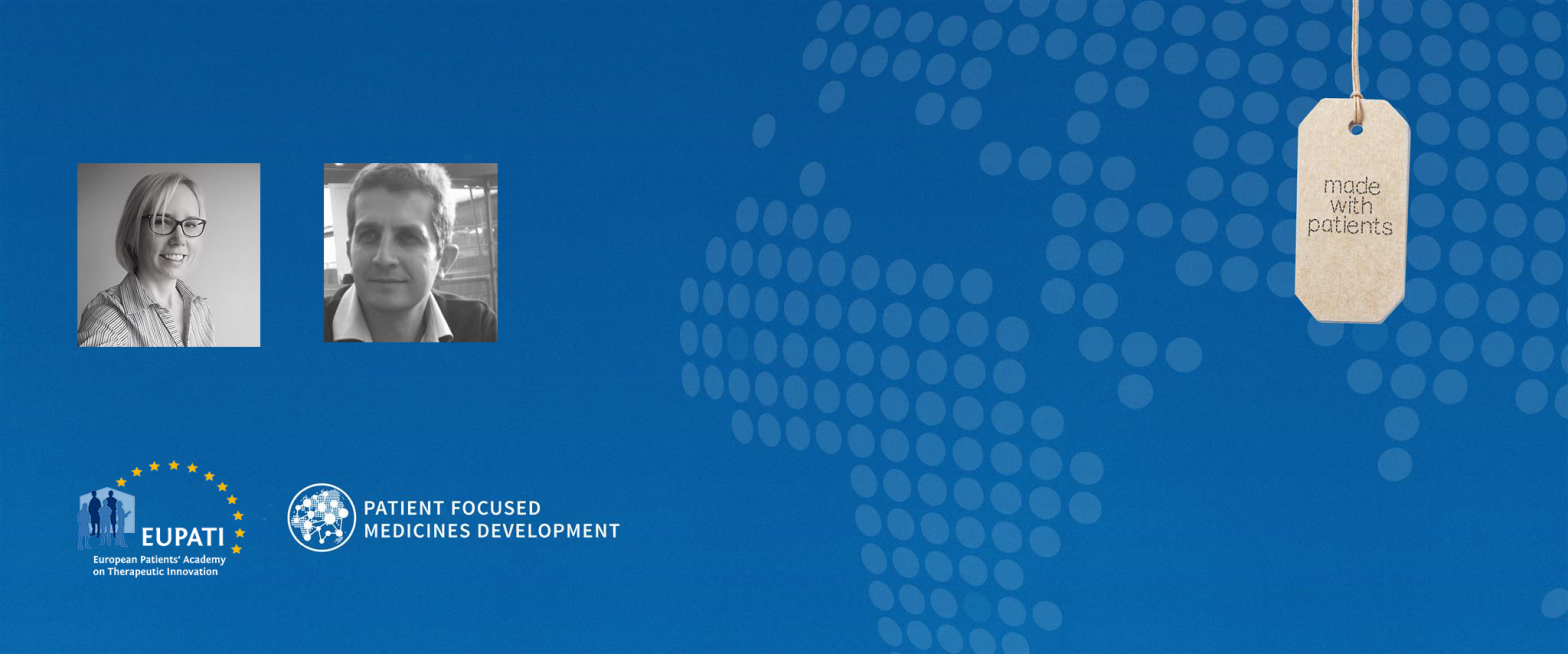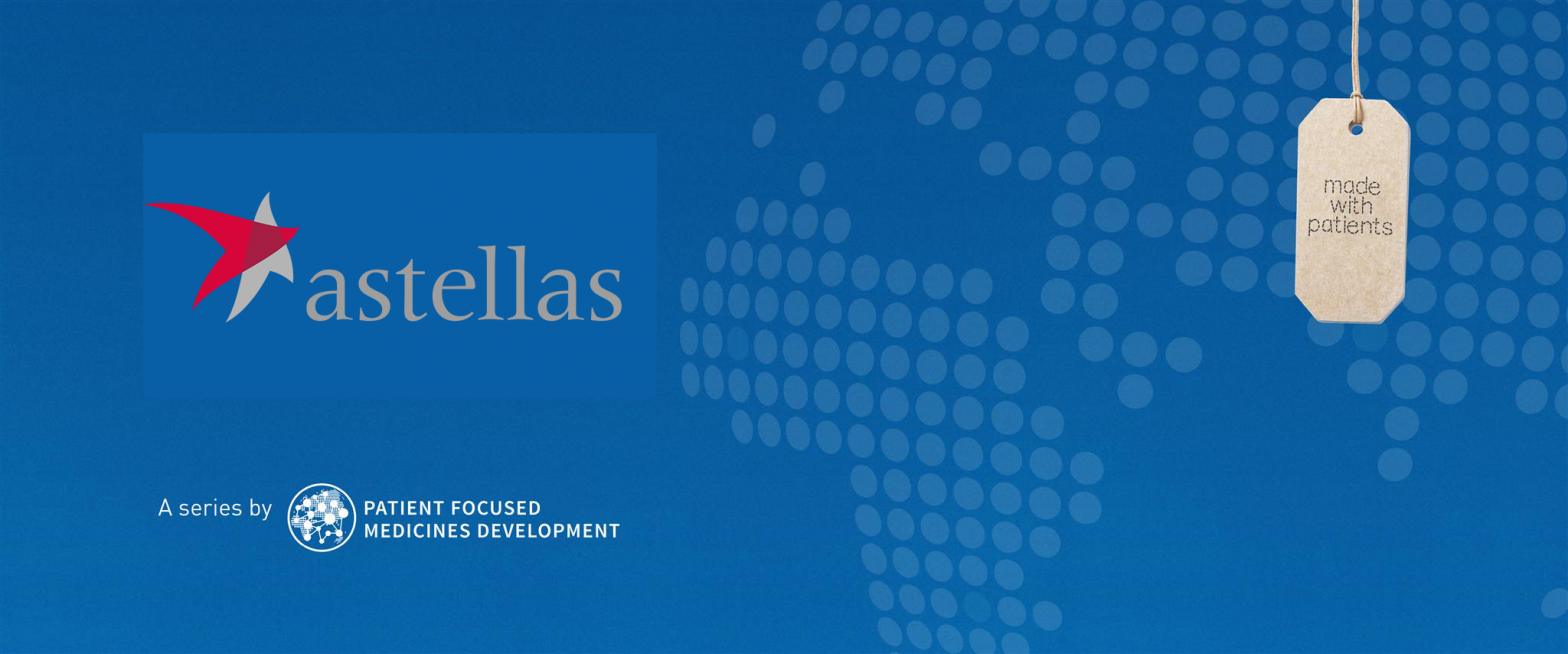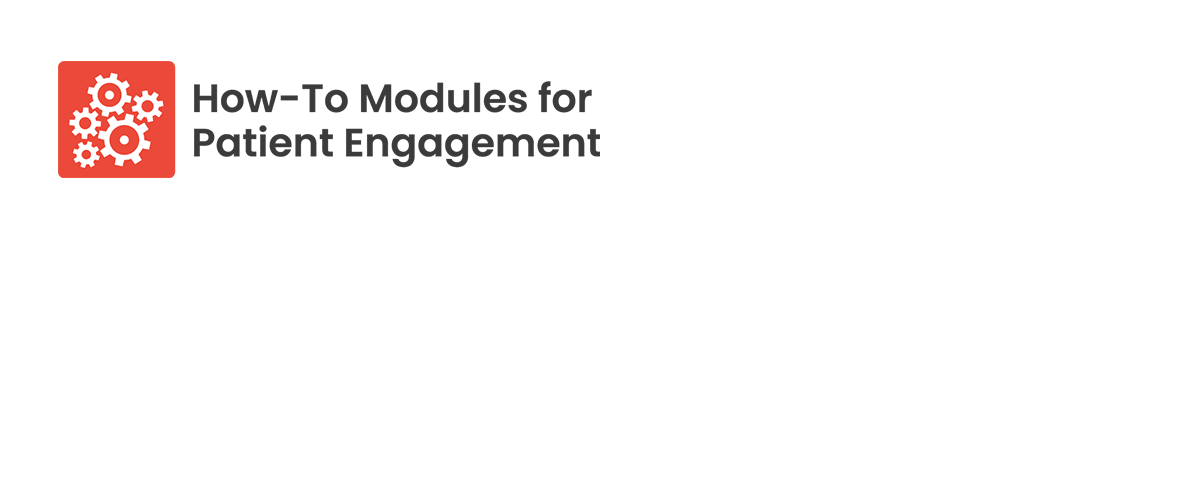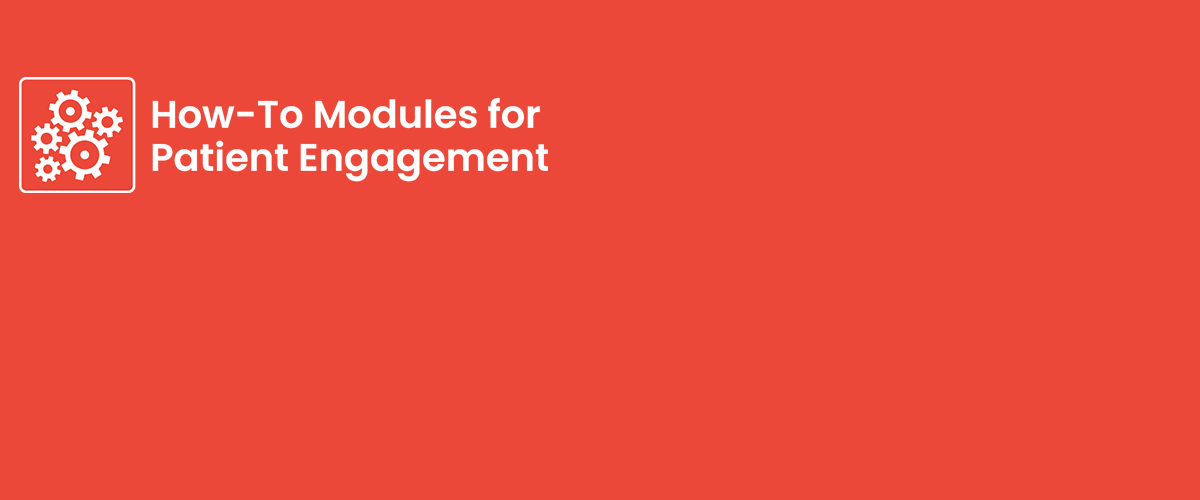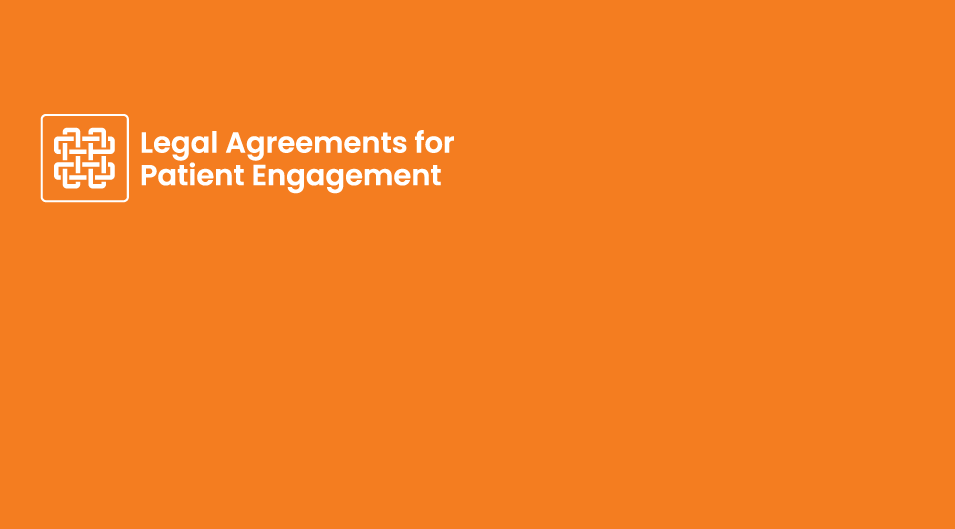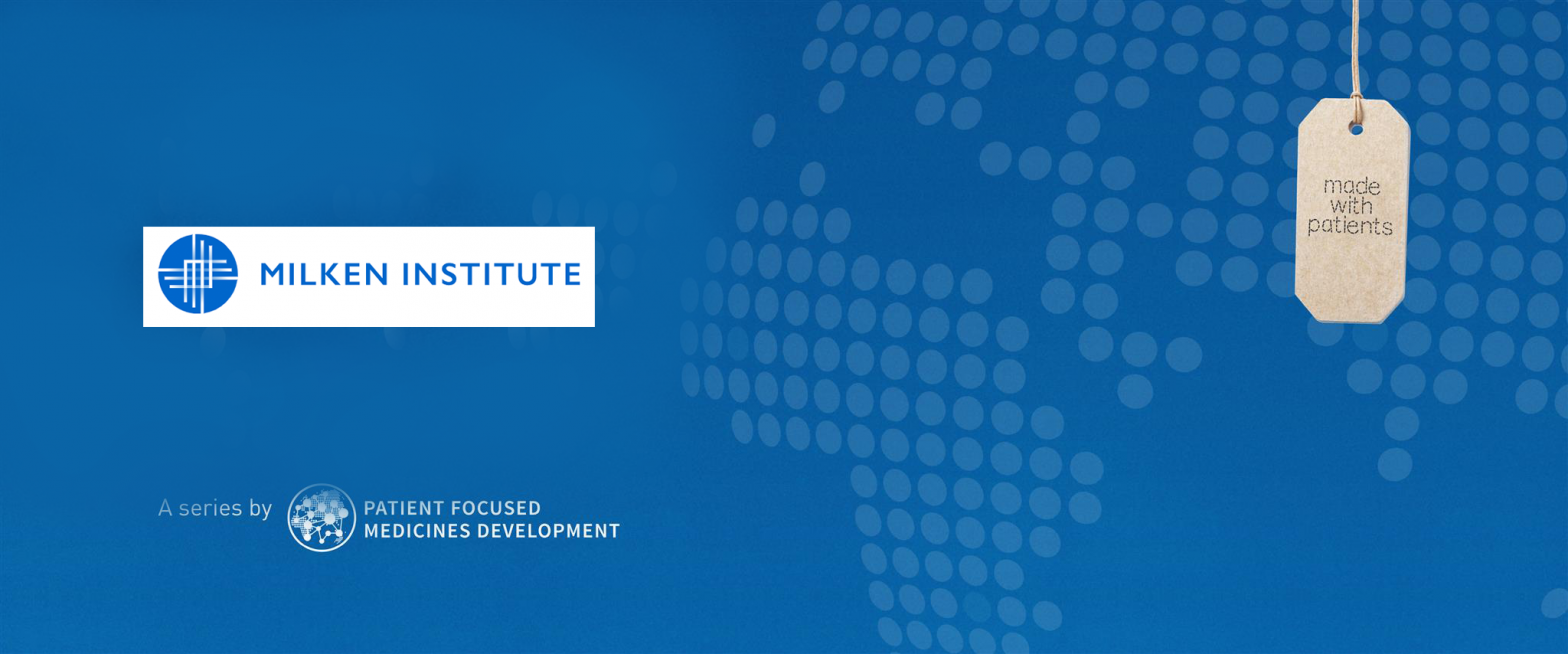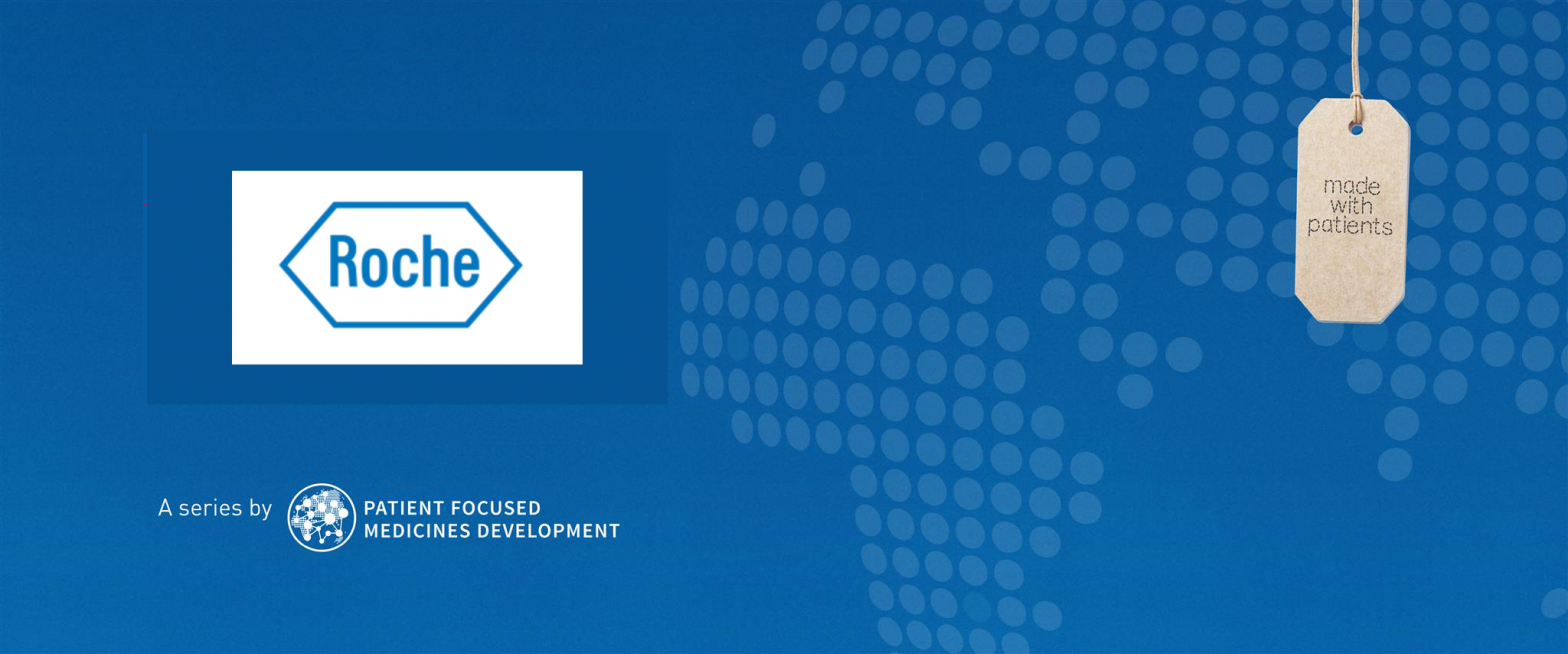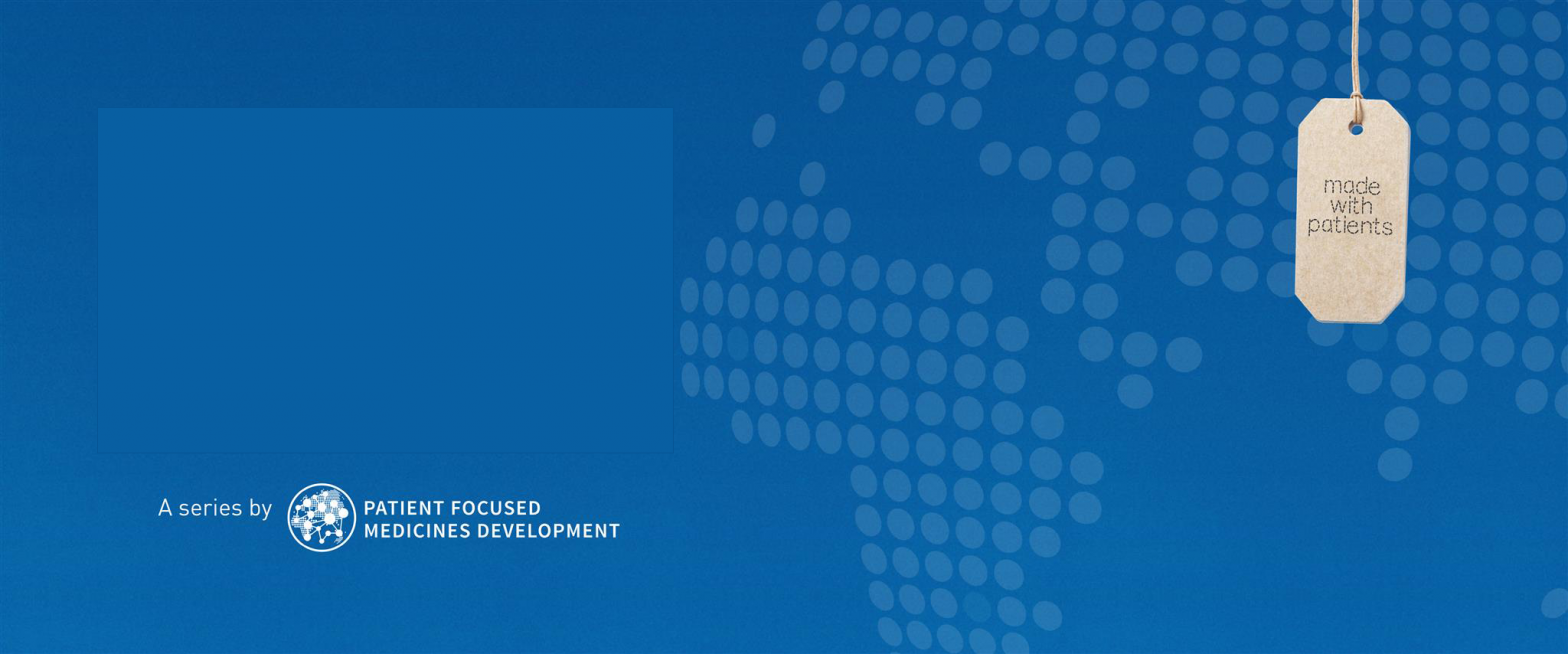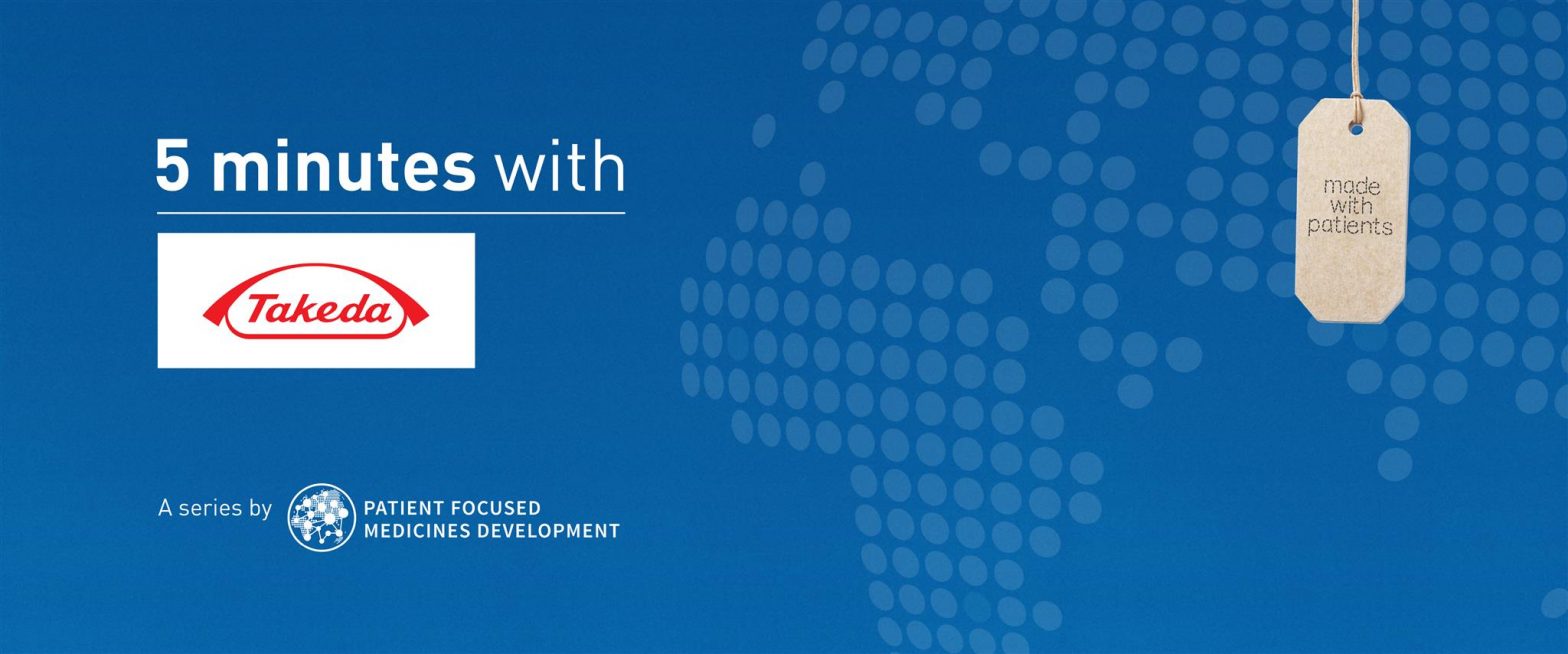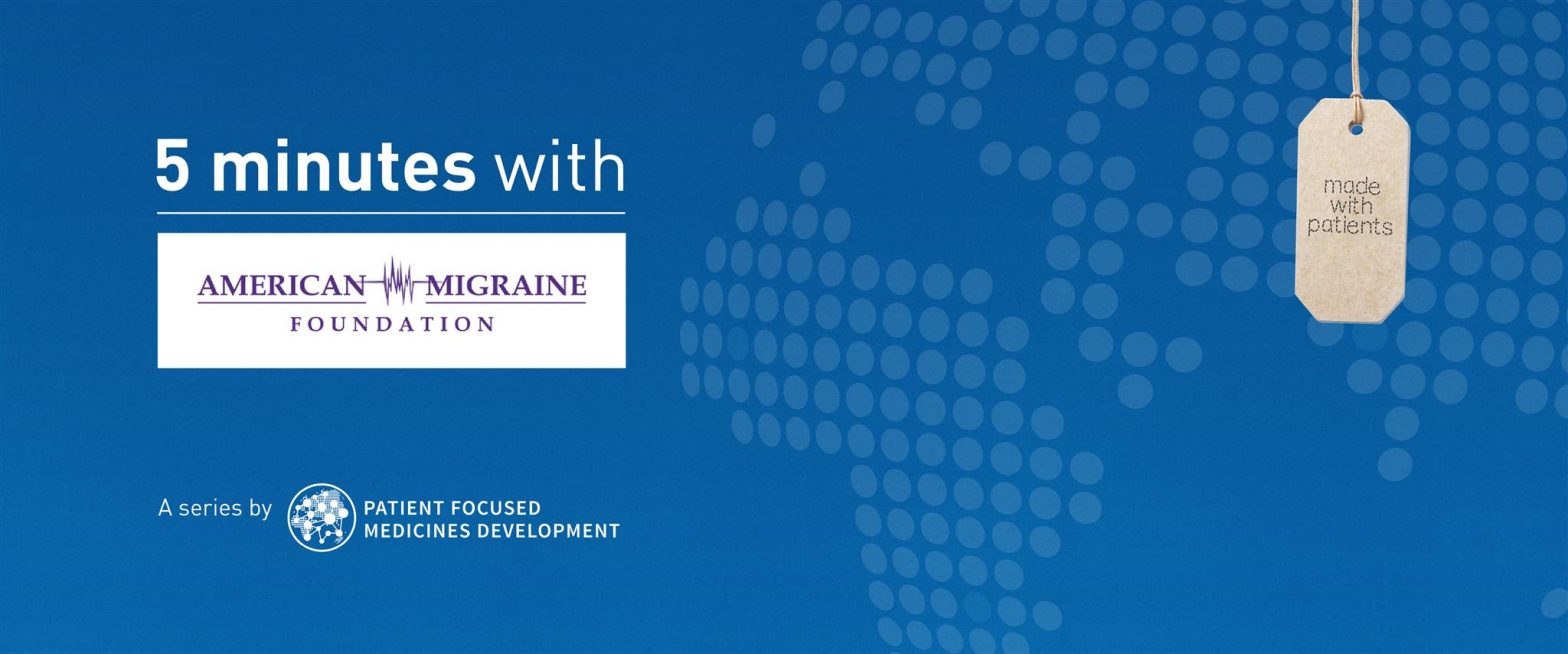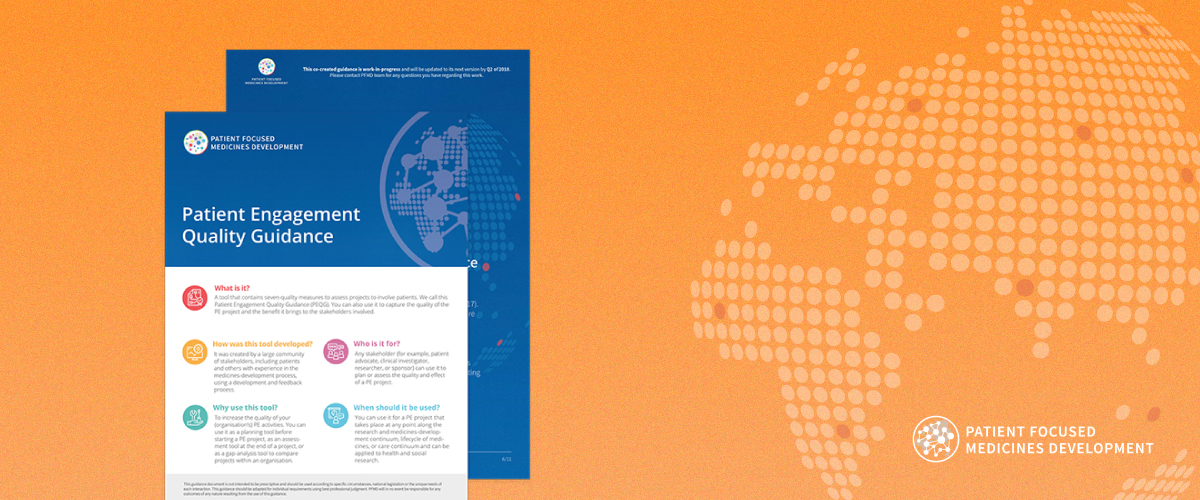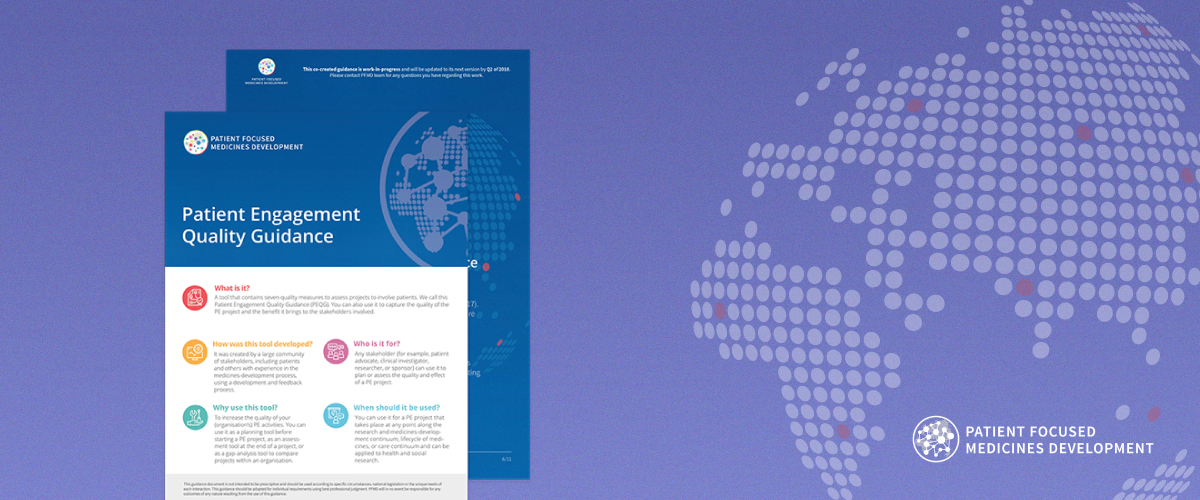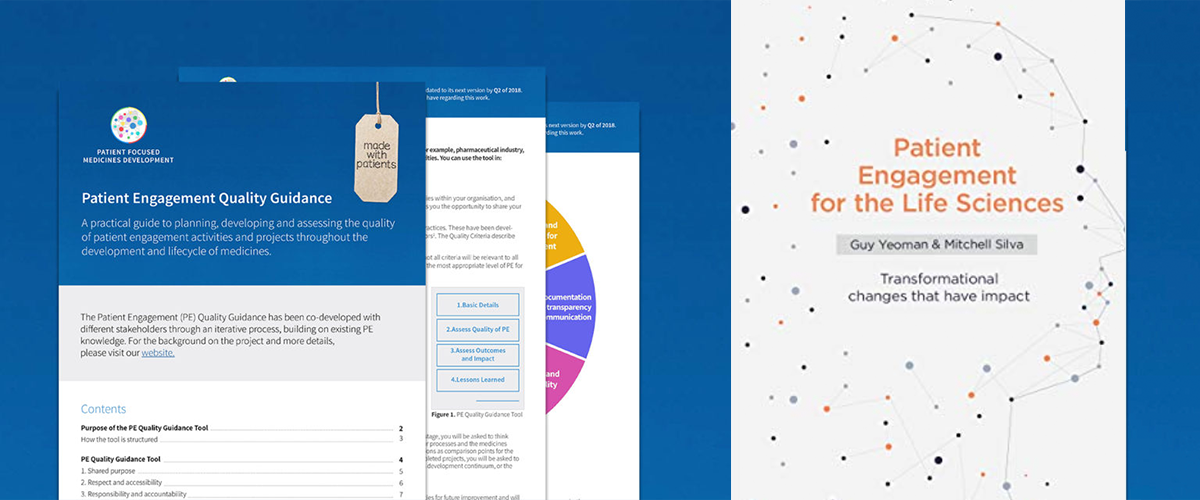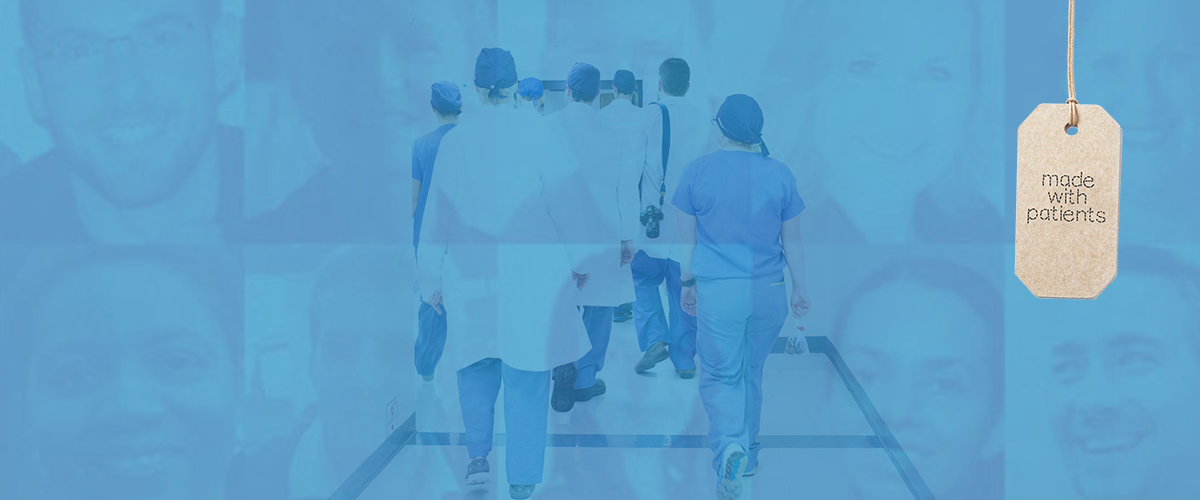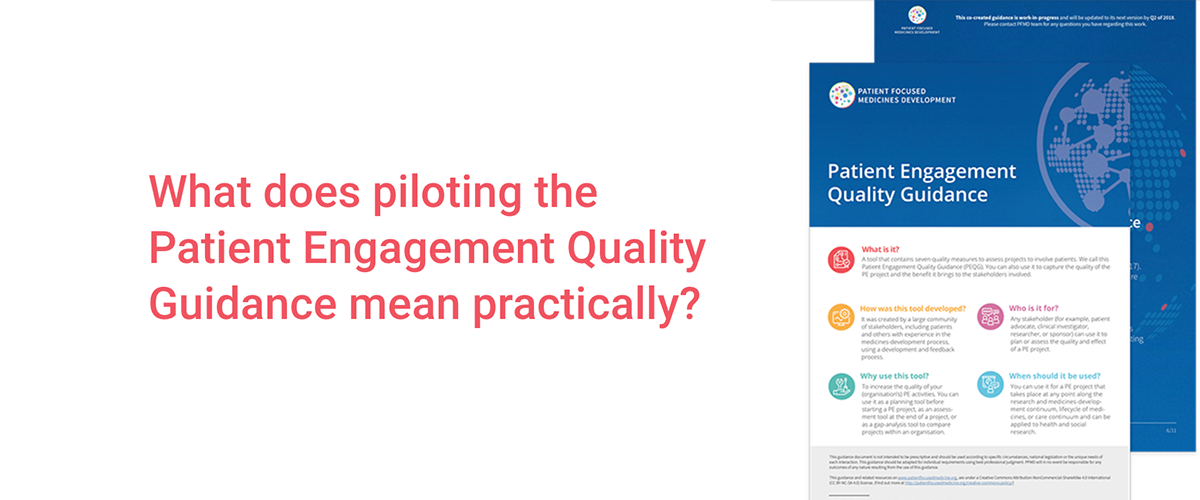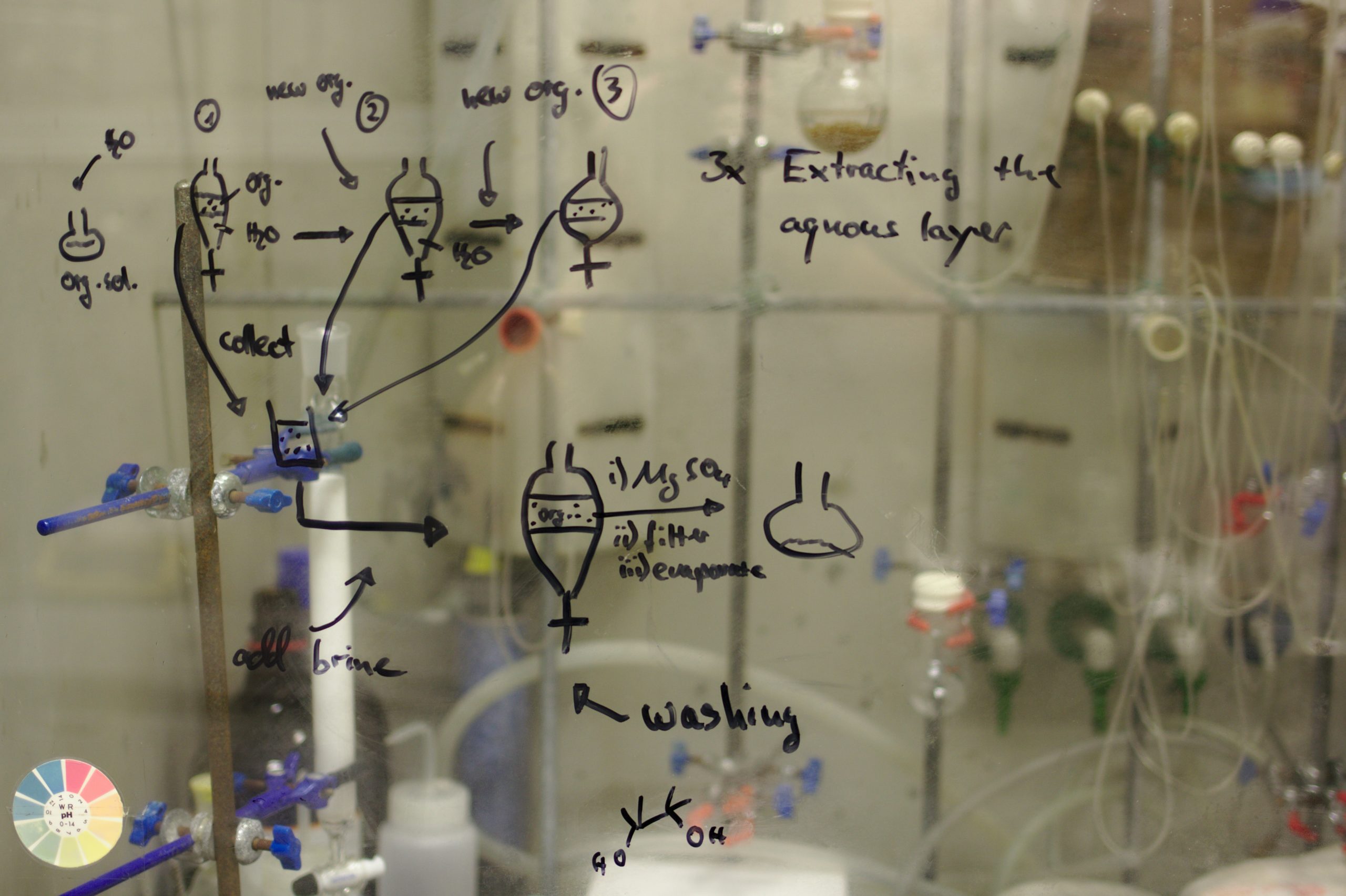The views of patients are too often ignored by researchers. Now some clinicians and companies are seeing the value of engaging with younger people
Young patients are up against it. Depending on their illness, they may feel very unwell, miss social and educational activities, and struggle with the uncertainty associated with their prognosis.
In addition, their views on what should be researched, the desired characteristics of new medicines, and the practical aspects of participating in clinical trials often go unheard. Sometimes they are treated like ‘small adults’; on other occasions, the views of their clinicians or parents are taken as a proxy for what paediatric patients want.
It doesn’t have to be this way, according to members of Young Persons Advisory Groups (YPAG) who addressed a session of the Patient Engagement Open Forum on June 23, 2021, hosted by Anastasia Semaan of the EPF Youth Group and Unique Smiles in Cyprus.
https://www.youtube.com/watch?v=xjb0rc0Un9A
Nora Navarro of KIDS Barcelona sees YPAGs as a way to ‘include young people, raise their voices and capture their ideas’. Now 18 years of age and planning to study biomedicine, Navarro said her experience of working with open-minded researchers during her time as a paediatric patient has been positive. ‘I felt my opinions were useful; that I helped doctors and researchers, and that our work would ultimately help other kids in the hospital,’ she said.
‘Some people underestimate young people,’ Navarro added. ‘In paediatrics, adults spend time thinking about how to make patients more comfortable in the hospital. The obvious solution is to ask paediatric patients for their input. I see no other way to perform paediatric research than to involve patients. Just ask us!’
Katherine Moore of GenerationR Liverpool – a UK-based YPAG – echoed this sentiment, saying it was hugely rewarding to come away from meetings feeling like researchers would implement their suggestions. ‘We feel like we’re making a difference to young patients taking part in research and helping to shape the outcomes of research,’ said the 17-year-old who is hoping to make a career in emergency services.
‘However, I would like to see this [youth engagement] used more widely across different environments, especially in education,’ Moore added. ‘In all aspects of decision-making, a youth forum and giving young people a seat at the table makes a positive change in hospitals, schools and in political decisions. Far too often, we are shut out because we are underestimated.’ Open Q&A sessions using online tools are among the simple steps that decision-makers can take to include young voices, she said.
Using social media to gauge opinion
Forward-looking doctors are getting the message and exploring novel ways to work with their young patients. Bob Phillips, the Honorary Consultant in Paediatric and Teenage & Young Adult Oncology at Leeds Children’s Hospital, said social media can be used to seek people’s opinions and to generate ideas about what researchers should work on next.
Doctors can also engage directly. For example, Dr Phillips’ research team has worked with young cancer patients to understand how to make the patient journey more liveable, particularly when it comes to gastrointestinal side effects of chemotherapy. By engaging with patients the doctors found that rather than wanting simply to reduce vomiting, young people see nausea and the feeling of wanting to get sick as a high priority.
They also learned that patients highly value the effect that treatment can have on how food tastes and the impact this has on the overall quality of life. ‘We looked to see if this had been addressed in the scientific literature and found that almost nobody had looked specifically at nausea,’ he explained. Dr Phillips said doctors should work with patients at every opportunity, including identifying gaps in evidence and building priority-setting partnerships.
A similar trend can be found in some pharmaceutical companies where patient representatives are coming to the fore. Danya Kane is Patient Partnering Manager at UCB – she also brings a wealth of personal experience, having been diagnosed with stage IV Hodgkin’s lymphoma in her 20s and participating in clinical trials.
She said the clinical trial and a stem cell transplant saved her life but, when she was ill, she didn’t have the energy to advocate for herself. ‘After treatment, I felt the urge to connect with others who had been through similar experiences,’ Kane said. ‘I spoke at meetings about how to improve clinical trials for patients and worked with pharmaceutical companies to address specific issues affecting young people.’
The typical patient with Hodgkin’s lymphoma is significantly older than Kane when she was diagnosed. This meant that her needs were not always reflected in research and treatment decisions. ‘Patients have different needs. For example, fertility preservation may be a low priority for someone in their 50s but younger patients may rate this much more highly,’ she explained.
Kane said the pharmaceutical industry needs clear structures in place to incorporate patient and caregiver experiences into how drug development decisions are made. ‘I’m proud that at UCB there is a framework for working with patients throughout the drug development process through surveys, online focus groups, telephone interviews and patient panels.’ She added that the industry’s strong focus on distinctiveness should go beyond race and gender to include people of all ages.
Her colleague, Mitch Herndon, Head of Clinical Trial Patient Engagement for UCB, said the company is partnering with iCAN – the International Children’s Advisory Network – to understand patient needs, design trials that minimise the burden on participants and caregivers, and get input on educational materials circulated to patients. ‘We want to hear from patients; we want you to become an advocate, a digital influencer and to join our ambassador programs,’ he said. ‘Start today – we need you!’
Do not forget to join us at the Patient Engagement Open Forum, register now for the October 2021 sessions.



